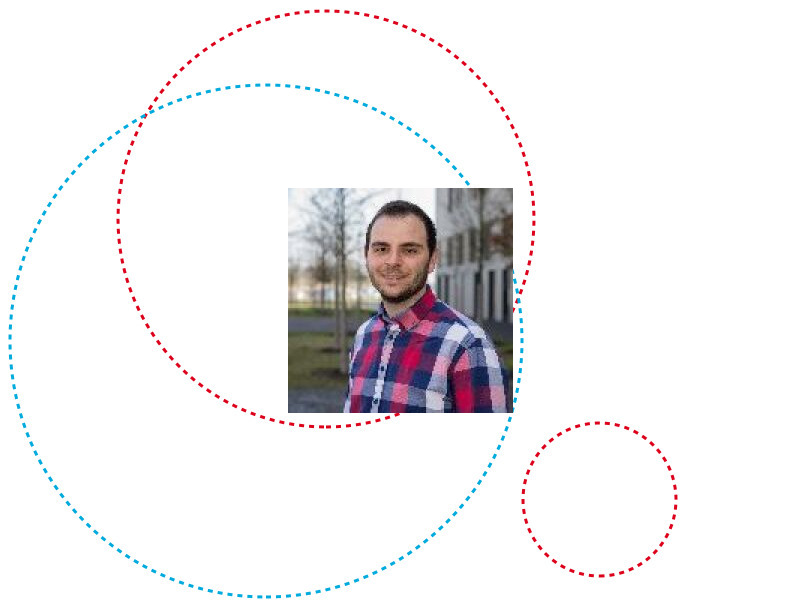Registration and event link: https://unilu.webex.com/unilu/onstage/g.php?MTID=efbecff5842fccc2ad81468dfbb91873c
Members of the defense committee:
- Chairman: Prof. Dr. Symeon Chatzinotas, University of Luxembourg
- Deputy Chairman: Prof. Dr. Björn Ottersten, University of Luxembourg
- Supervisor: Dr. Christos Tsinos, University of Luxembourg
- Member: Prof. Dr-Ing. Ralf Müller, Friedrich-Alexander, Universität Erlanger, Germany
- Member: Prof. Dr. Claude Oestges, Ecole Polytechnique de Louvain, Louvain la Neuve, Belgium
Large-scale antennas are crucial for next generation wireless communications systems as they improve spectral efficiency, reliability and coverage compared to the traditional ones that are employing antenna arrays of few elements. However, the large number of antenna elements leads to a big increase in power consumption of conventional fully digital transceivers due to the one Radio Frequency (RF) chain / per antenna element requirement. The RF chains include a number of different components among which are the Digital-to-Analog Converters (DACs)/Analog-to-Digital Converters (ADCs) that their power consumption increases exponential with the resolution they support. Motivated by this, in this thesis, a number of different architectures are proposed with the view to reduce the power consumption and the hardware complexity of the transceiver.
In the first part, three different power efficient transmitter designs for transmission over frequency flat channels and their respective SLP schemes are considered. The considered systems tackle the high hardware complexity and power consumption of existing SLP techniques by reducing or completely eliminating fully digital RF chains. The precoding design for the considered cases is formulated as a constrained least squares problem and efficient algorithmic solutions are developed via the Coordinate Descent method.
In the second part, the case of frequency selective channels is considered. To this end, Constant Envelope precoding in a Multiple Input Multiple Output Orthogonal Frequency Division Multiplexing system (CE MIMO-OFDM) is considered. In CE MIMO-OFDM the transmitted signals for each antenna are designed to have constant amplitude regardless of the channel realization and the information symbols that must be conveyed to the users. This facilitates the use of power-efficient components, such as phase shifters and non-linear power amplifiers. The precoding problem is firstly formulated as a least-squares problem with a unit-modulus constraint and solved using an algorithm based on the coordinate descent (CCD) optimization framework and then, after reformulating the problem into an unconstrained non-linear least squares problem, a more computationally efficient solution using the Gauss-Newton algorithm is presented.
In the following part, CE MIMO-OFDM is considered for a system with low resolution DACs. The precoding design problem is formulated as a mixed discrete-continuous least-squares optimization one which is NP-hard. An efficient low complexity solution is developed based also on the CCD optimization framework.
Finally, a precoding scheme is presented for OFDM transmission in MIMO systems based on one-bit DACs and ADCs at the transmitter’s and the receiver’s end, respectively, as a way to reduce the total power consumption. The objective of the precoding design is to mitigate the effects of one-bit quantization and the problem is formulated and then is split into two NP hard least squares optimization problems. Algorithmic solutions are developed for the solution of the latter problems, based on the CCD framework.
